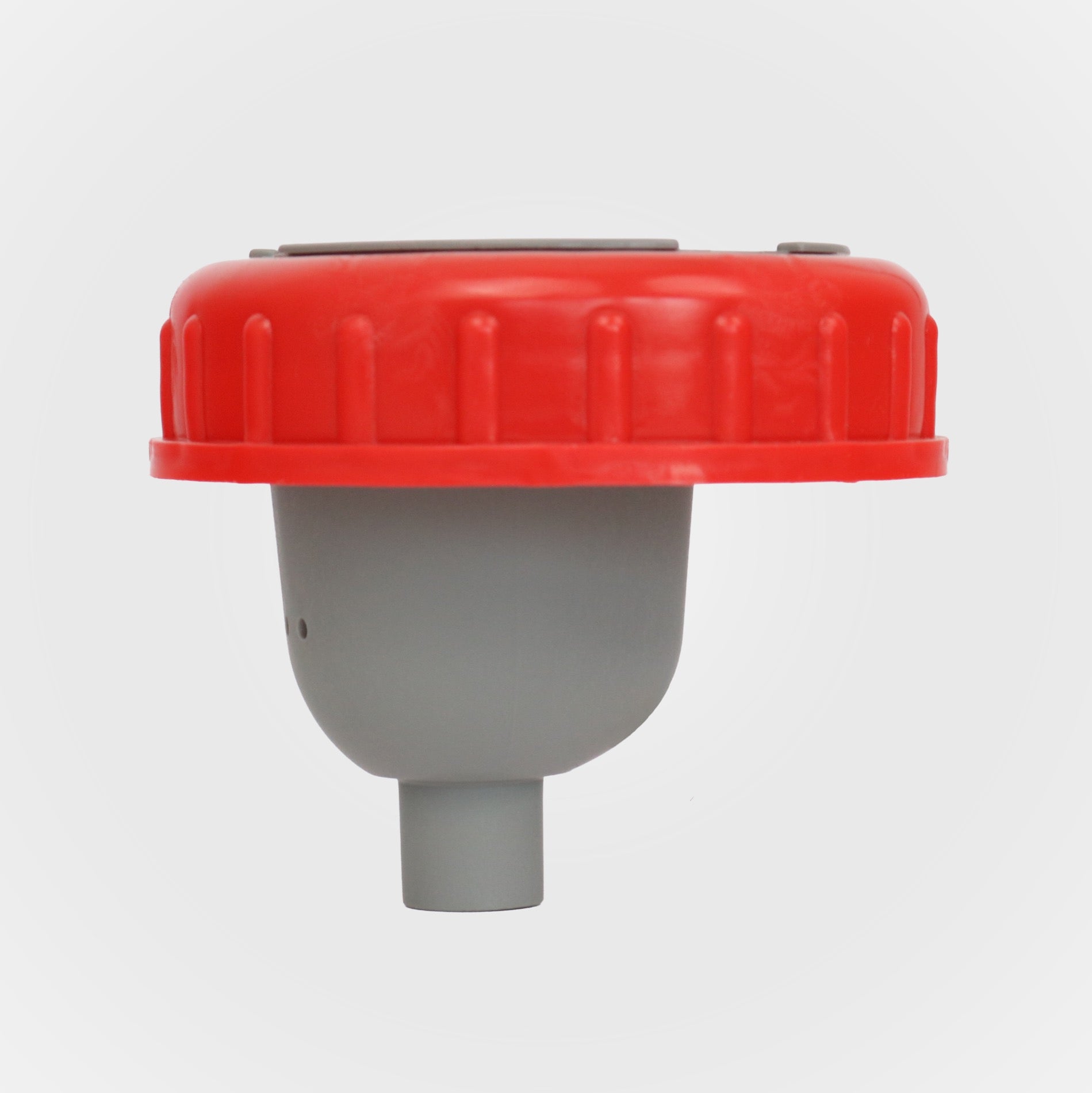Do you enjoy camping but dislike unpleasant smells or environmentally harmful chemicals? Then a chemical-free camping toilet is just what you need.
More and more campers are opting for sustainable alternatives that protect the environment while also being significantly more practical and hygienic. What are the advantages of a chemical-free camping toilet? What models are available? And which ones perform particularly well in tests? Here are the answers to all your questions about chemical-free camping toilets.
What is a chemical-free camping toilet?
A chemical-free camping toilet does without the aggressive sanitation fluids used in conventional chemical toilets. Instead, these toilets rely on natural processes such as evaporation, separation of solid and liquid waste, and biological decomposition. This makes them particularly environmentally friendly and easy to use, as you save money on expensive chemicals and also have less hassle when it comes to disposal.
What alternatives are there to a chemical camping toilet?
1. Dry toilets – The simple and natural solution
Dry toilets are one of the simplest and most environmentally friendly alternatives to chemical toilets. They require neither water nor chemicals and instead rely on the natural process of dehydration and odor control through bedding material.
After each use, simply spread a layer of organic material such as sawdust, coconut fibers, or bark mulch over the waste – that's it. The bedding absorbs odors while simultaneously accelerating the biodegradation of the solids.
Dry toilets come in various forms – from simple bucket solutions with bedding material to sophisticated systems with ventilation and composting mechanisms. They are a particularly sustainable toilet option for extended camping trips or off-grid scenarios.
Advantages:
- No water consumption and no use of chemicals
- Environmentally friendly, as the waste can be composted.
- Minimal odor formation due to the drying of the solids
Disadvantages:
- Regular emptying is necessary.
- Composting requires time and space
Composting toilets – an efficient and odor-free solution
Composting toilets are also among the chemical-free camping toilets. Their key feature lies in the separation of urine and solids . Because liquids and solids don't mix, fewer unpleasant gases are produced, resulting in fewer odors. The urine is collected in a separate container and can be easily emptied. Dispose of it in nature according to local regulations or even use it as fertilizer.
Solid waste, on the other hand, is simply covered with bedding material, which absorbs moisture and facilitates the decomposition process. This type of toilet is particularly well-suited for long-term travelers or vanlife enthusiasts, as it rarely needs emptying and is a very sustainable solution.
Advantages:
- Odorless use thanks to the separation of liquid and solid.
- Less emptying effort than with other types of toilets
- environmentally friendly and sustainable
Disadvantages:
- Slightly more expensive to purchase
- Requires space for two separate containers
Composting toilets and dry toilets vs. chemical toilets
In direct comparison, chemical-free toilets offer decisive advantages: no expensive chemicals, less environmental impact, easier disposal and fewer unpleasant odors.
While chemical toilets require regular filling with expensive additives, composting toilets use natural methods to prevent odors. Furthermore, chemical toilets require regular disposal at special disposal stations, whereas chemical-free models often offer simpler, more flexible disposal options – depending on regional regulations, often conveniently on-site.
Composting toilets – Natural decomposition for maximum sustainability
Composting toilets go a step further than conventional dry toilets. They use microorganisms and natural aeration to transform feces into nutrient-rich humus.
The solids are collected together with bedding in a separate container, where they dry out through air supply and are converted into soil after some time.
Some composting toilet models are additionally equipped with ventilation systems that remove moisture and thus accelerate the composting process. Composting toilets are particularly ideal for long-term campers and people who prefer a self-sufficient lifestyle.
Advantages:
- Waste is completely converted into humus
- environmentally friendly and sustainable
- No unpleasant odors thanks to good ventilation
Disadvantages:
- It takes longer to decompose.
- Regular inspection and maintenance required







